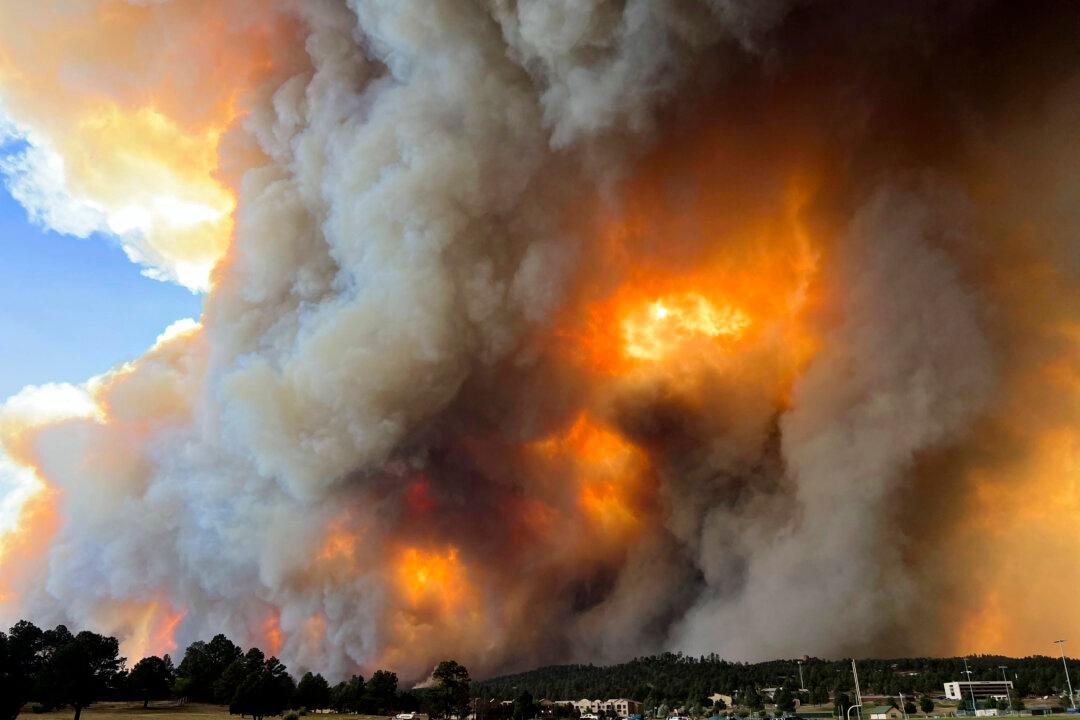The House Natural Resources Committee has advanced a land management bill that proponents say would expedite environmental reviews, deter “frivolous” lawsuits that delay the thinning of overgrown forests, and use “fireshed mapping” to identify areas most at risk of wildfires.
The committee approved the Fix Our Forests Act, H.R. 8790, co-sponsored by chair Rep. Bruce Westerman (R-Ark.) and Rep. Scott Peterson (D-Calif.), in a June 27 voice vote. The bill now goes to the House floor.





